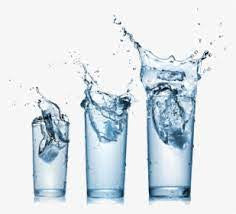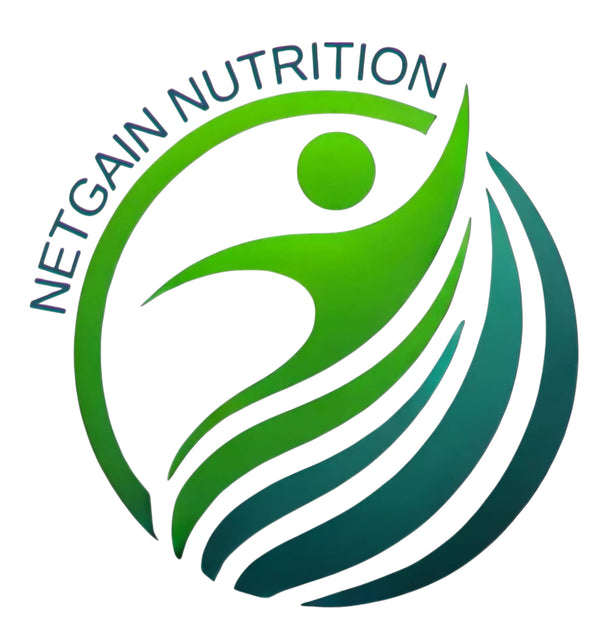
Hydration for Young Athletes: Why It’s Key to Performance and How to Get It Right
Introduction
Hydration is one of the most critical yet often overlooked components of an athlete's performance. For young athletes, staying hydrated is not just about drinking water, it’s about maintaining the bodies water balance, especially before, during, and after sporting activities. Poor hydration can lead to fatigue, reduced performance and even serious health risks.
Why Hydration Matters
Hydration is the capacity of the body to absorb water and provide fluid for our cells, tissues and organs, to carry out vital functions such as maintaining temperature, waste disposal, lubricating joints and transporting nutrients that give us energy.
For young athletes, proper hydration is vital to:
- Boost Performance: Improves cardiac and muscle function, preventing fatigue, especially during long training sessions.
- Avoid Health Risks: Severe dehydration can lead to heat cramps, heat exhaustion, or even heatstroke.
Signs of Dehydration
The balance of water and electrolytes in the body is critical for health and performance, even a 2% loss in body weight can cause fatigue and impair decision making. Young athletes are more susceptible to heat related issues due to their lower sweat rates and inability to regulate their body temperature. This puts them at a greater risk of heat stroke, especially when the intensity of exercise high or if conditions are hot or humid.
Symptoms
- Dry mouth and lips
- Fatigue or dizziness
- Muscle cramps
- Dark yellow urine
How Much Water Do Young Athletes Need?
To prevent dehydration and facilitate performance, young athletes require We usually require 6-8 glasses of water but the amount of water young athletes need depends on several factors like age, body weight, environmental conditions and the intensity of the activity. However, a general guideline for young athletes is to:
- Drink 2-3 glasses of water (400-600ml) a few hours before activity.
- Drink 1 glass of water (150-300ml) every 15-20 minutes during exercise.
- Drink 4-6 glasses of water (1-1.5L). For every 1kg lost, 1.5L of fluid is needed.
Best Hydration Practices
Start Hydrating Early
Young athletes should have a named water bottle and drink water periodically throughout the day and approximately 400-600ml, 3-4 hours prior to training or competition. They should not wait until they are thirsty as this is often too late.
Monitor Hydration During Activity
During training or competition, encourage athletes to take frequent water breaks, especially in hot or humid conditions. For activities lasting over an hour, diluted fruit juice or a sports drink (not an energy drink) will replace lost energy and electrolytes.
Post-Activity Hydration
Rehydration after activity is critical for recovery, as it helps to replenish fluids, lost through sweat and exertion. The volume of which, is dependent upon several factors, such as the intensity and duration of your activity. All fluids, milkshakes, juice, smoothies or soups count and have the added benefit of carbohydrate, to restore energy levels as well as replacing essential minerals, like sodium and potassium. Some may also contain protein for muscle remodelling.
Include Hydrating Foods
Foods like fruits and vegetables (e.g., watermelon, cucumbers, and oranges) are great for boosting hydration naturally and providing essential vitamins and minerals.
Hydration for Different Sports
- Endurance sports (e.g., running, swimming) require sustained hydration throughout the event, with a focus on electrolyte replacement for longer sessions.
- Strength-based sports (e.g., weightlifting, gymnastics) may require less frequent hydration during activity, but proper hydration leading up to and after the event is crucial for muscle recovery.
Final Thoughts
Hydration is key to keeping young athletes performing at their best. By promoting good hydration habits, parents and coaches can help athletes maintain energy, avoid injuries, and recover faster. Encourage athletes to drink plenty of water, watch for signs of dehydration, and fuel their bodies with hydrating foods to support their performance both on and off the field.
